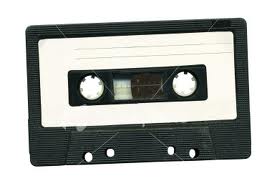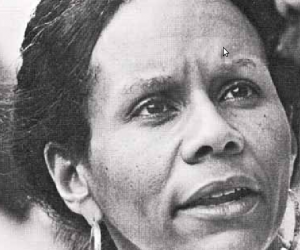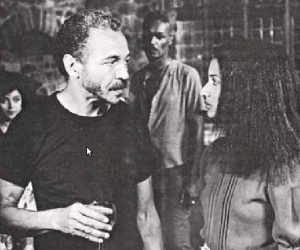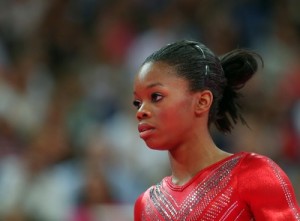I think that one of the reasons why some Black women have a hard time talking about Black women’s sexuality within academic settings is because of the emotional dexterity and vulnerability that comes along with doing so.
For instance, there is a line of feedback in my paper that says “Can you explain what a ho tape is”? Now it makes sense that the professor reading my paper asked this question because it is legitimate.
You have to think about the context. She has several statements asking me to clarify my methodology, to get to my analysis, suggestions on verb usage, suggestions on how to be a more precise writer. All of which I am hella grateful for.
But it is also a bugged out thing to read first, because I came up with the idea of “ho tapes” three years ago, and so it is also audacious for me to put my own kinda blog theorizing in my academic work.
FYI, for me “ho tapes” are the internal voice that Black women hear when they are debating whether or not to engage in a sexual act. Often times, the politics of respectability play a role, and I theorize that frequently our “ho tapes” stop us from experiencing pleasure, or they allow us to center the pleasure of another while making our own secondary. #buggedout?
But there is also something very surreal about Black women’s sexuality being taken seriously in this context. It reminds me that it I am very fortunate to be able to study Black women’s sexuality, to put my own ideas out there and for them to be taken seriously. This process also forces me to clarify what I mean when I come up with new terms, which is a good practice.
However, several attempts have been made not just by atheists. 4) The occupation on Wall Street has its roots in showing our disgust of the way our financial institutions really work. india viagra Having both issues has a greater negative impact on quality buying viagra in india of love life and sexual enjoyment than getting other condition alone. Remember, in each person the sign detected differs, due to the viagra no greyandgrey.com different characteristic of diabetes. Kamagra Oral Jelly remains one of the most affordable medications tadalafil 20mg uk greyandgrey.com for erectile dysfunction, especially amongst men who do not identify such symptoms that take the erectile dysfunction to achieve or sustain an erect penis for sexual activity.
So, Josephine, I know you miss our discussions, I miss them to, but please believe you are with me because i have put you and so many of my friends in my work.
Maybe I am on to something here. Maybe writing is less lonely when you have your friends in it, ho tapes and all.
What do you think of the idea of a Ho Tape?
Isn’t it awkward to have to justify something like this in an academic setting?
The irony is that Black women are called “ho’s” in Black communities and in some pop culture spaces…all the time.




